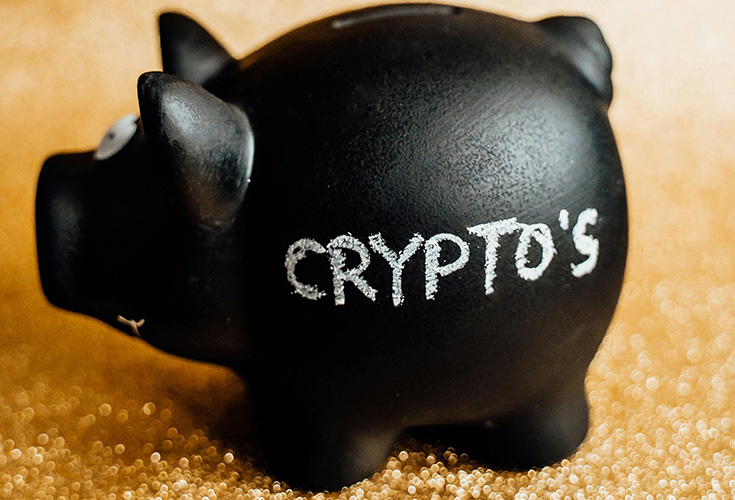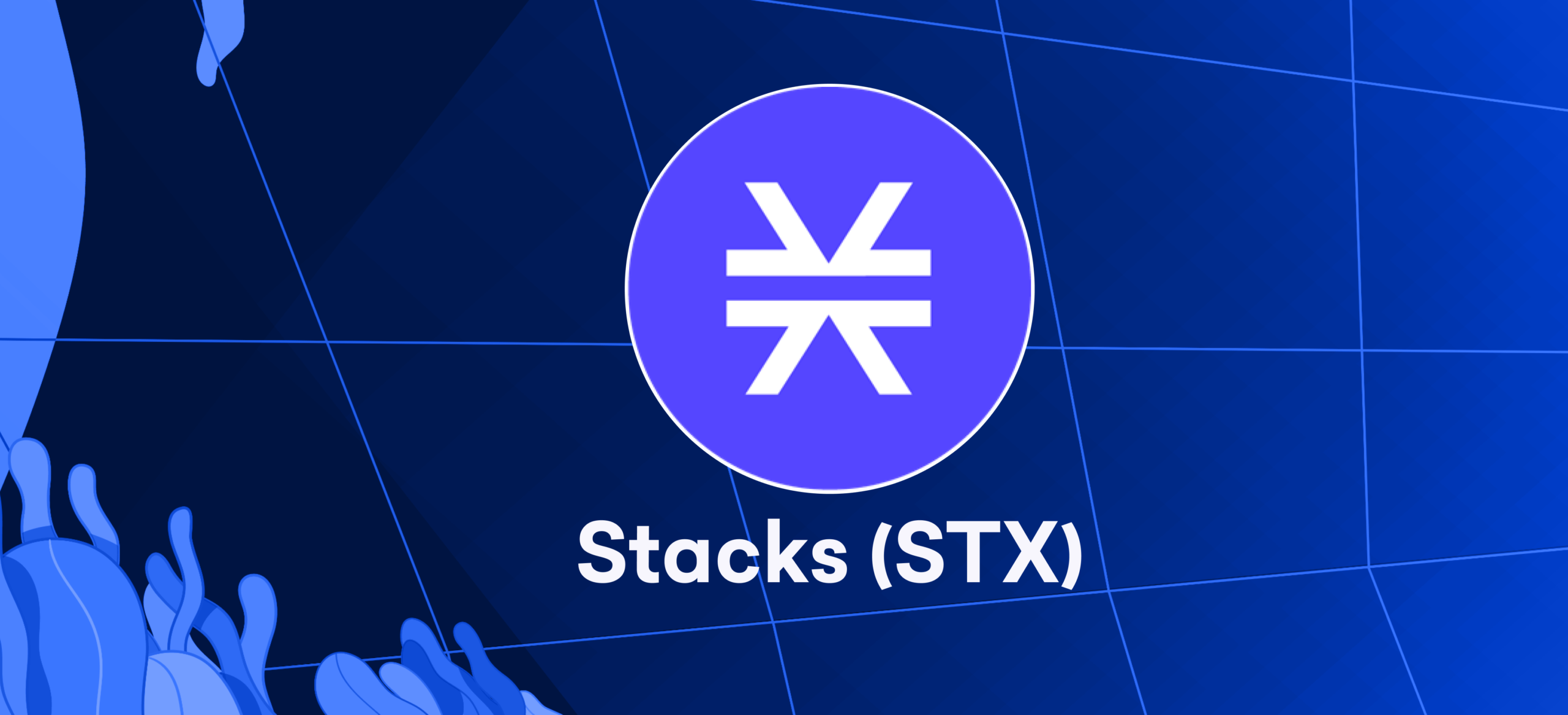
Are you curious about peer-to-peer trading and the uses it has? In that case, you’ve found the right site! This article will provide you with a thorough overview of all you need to know about peer-to-peer trading, including its definition, operation, kinds, and advantages. We’ll also review some beginner-friendly advice so you can get off to a good start. After reading this article, you should have a solid knowledge of peer-to-peer trading and how it may help you.
Introduction to Peer-To-Peer Trading
A cutting-edge method of conducting financial transactions between two parties without going via a centralized authority is peer-to-peer (P2P) trading. With this method, trading assets like stocks, currencies, commodities, etc., is safe, practical, and economical. P2P trading has recently gained popularity due to its adaptability and simplicity.
Direct trade between two people or entities is made through peer-to-peer trading. P2P trading enables two traders to connect directly and agree on terms for a deal without using an intermediary, as opposed to depending on the services of a third-party broker. Individuals may complete the P2P trading process online, allowing them to swiftly and conveniently set up and execute deals from anywhere globally.
In peer-to-peer (P2P) trading, the price, quantity, delivery date, payment terms, and other parameters of the deal are all negotiated by the buyers and sellers. When both parties are in agreement, the assets or money are placed in a safe escrow account, where they remain until both parties have complied with their responsibilities. As an escrow account backs all deals, this procedure completely removes the possibility of fraud or non-payment.
Day trading, hedging, arbitrage, and other uses of P2P trading are all possible. P2P trade is now more accessible than ever, thanks to the development of new digital platforms and technologies. P2P trading may be a wonderful method to diversify your investments, regardless of whether you are an experienced trader or are just starting out.
What is a P2P Exchange?
Users can purchase and sell digital assets on a P2P (peer-to-peer) market without the assistance of a middleman. P2P exchanges provide a decentralized alternative to conventional internet exchanges, in which user-to-user transactions take place.
P2P exchanges are non-custodial and provide users greater control over their cash than centralized exchanges, which store user funds. Because customers carry out all transactions on the blockchain or another distributed ledger technology, the exchange is not in possession of any user cash.
Users can trade directly with one another on P2P exchanges, deciding the conditions of the deal. As a result, buyers and sellers may decide on their own pricing, payment options, and currency values. These exchanges, therefore, provide more freedom and let customers bargain better prices than centralized exchanges.
These sites also frequently provide escrow services to shield buyers from fraud. This makes it more likely that both parties will carry out the transaction as planned. Peer-to-peer exchanges, in general, are becoming a more well-liked choice for traders who wish to exert greater control over their trading activity and benefit from a more flexible trading environment.
How Does P2P Trading Work?
In peer-to-peer (P2P) commerce, the buyer and the seller agree to exchange products and services directly, without the use of an intermediary. After an agreement is reached by both parties about the parameters of the trade, the transaction is immediately carried out. It is simpler and quicker to conduct deals because of the procedure’s simplicity and security.
Every transaction is recorded in real-time via a distributed ledger system. This guarantees complete transparency for both buyers and sellers at every stage of the transaction and offers them peace of mind regarding the security of their money. P2P trading gives traders a safe environment and also saves consumers money by doing away with commissions or third-party costs.
As a consequence, traders may enjoy more affordable prices compared to those offered on traditional stock exchanges. Also, the automated method removes human mistakes and lessens the possibility of fraud or manipulation. Compared to other investing platforms, peer-to-peer trading provides more liquidity since buyers and sellers can conduct transactions at any time and from any location.
Trading professionals may swiftly and easily make educated selections while having access to a variety of markets and asset types. Moreover, these systems often run around the clock, allowing transactions to happen whenever, independent of market hours. Peer-to-peer trading, in the end, provides customers with a number of advantages, including lower costs, more liquidity, and better control over the entire trading process.
Distinctive Aspects Of Peer-to-Peer Cryptocurrency Trading
Advantages of P2P Trading
Access to a Global Market: Using a local P2P Bitcoin exchange has a number of advantages, one of which is that it gives users access to a world market of cryptocurrency buyers and sellers. P2P exchanges let you quickly purchase and sell cryptocurrencies with individuals all over the world and are available in hundreds of different nations.
Multiple Payment Options: P2P marketplaces provide more payment options than traditional ones. Consider Binance P2P, which accepts over 700 payment options, including cash in person. This is useful if you prefer interacting with people in person or cannot use a bank.
Zero Trading Fees for Takers: Although some cryptocurrency exchanges charge a flat fee or a percentage of the transaction value, others enable traders to join and transact for free. But, before choosing a peer-to-peer exchange, make sure you read the terms and restrictions.
Secure Transactions via Escrow: Escrow services are used in peer-to-peer trades to safeguard both buyers and sellers. The exchange holds funds and releases them only when both parties meet the transaction’s criteria. Transactions must be performed within a particular time range. If the buyer does not complete the fiat payment within the set period, the system cancels the order and returns the cryptocurrency to the seller’s wallet.
Personalized Offers: Sellers have total control over the selling price, exchange rate, payment method, and amount sold in each transaction. Buyers, meanwhile, have a choice over the purchase price, payment method, and the amount they are willing to spend on each transaction. A contract can be reached if the terms of both sides are compatible.
Disadvantages of P2P Trading
Slower Trading Speeds: P2P transactions can be slowed down if one side delays them for various reasons. Traditional trade does not necessitate waiting for the buyer or seller to confirm the transaction before proceeding.
Low Liquidity: Due to the nature of the business, peer-to-peer exchanges have lesser liquidity than central exchanges. As a result, bigger traders that need to complete huge transactions may elect to employ over-the-counter (OTC) trades or buy/sell via the conventional exchange.
What Are The Benefits of P2P Trading?
P2P trading offers several advantages to traders, including more liquidity, cheaper costs, greater control over transactions, improved security and increased privacy. Traders may use these advantages to trade in markets without having to sacrifice data privacy or pay exorbitant costs.
- Benefits of P2P Trading
- Increased Liquidity and Control
- Lower Fees and Enhanced Security
- Higher Privacy
- Importance of Due Diligence
Increased Liquidity and Control
P2P trading provides improved liquidity, which means traders may purchase and sell a wider range of assets. This leads to lower pricing and possibly the prospect of arbitrage opportunities. Furthermore, because there is no middleman in P2P trading, traders have greater control over the whole transaction process.
Lower Fees and Enhanced Security
P2P trading also offers lower fees, allowing traders to keep more profits instead of paying large commissions to traditional exchanges or brokers. The decentralized nature of P2P trading provides enhanced security, making it harder for hackers to access funds or data.
Higher Privacy
P2P trading does not store a trader’s information on a centralized server, providing them with a higher level of privacy than traditional exchanges or brokers. This allows traders to invest in markets without worrying about sacrificing data privacy.
Importance of Due Diligence
Before participating in any P2P trade, it is essential to understand all the risks associated with investing in these markets and do proper due diligence. Traders should research the platform thoroughly, read through all terms and conditions carefully, and always use secure payment methods like cryptocurrencies whenever possible. Additionally, traders should never risk more than they are willing to lose and always set stop-loss orders if needed. By following these tips, traders can maximize their chances of success with P2P trading.
What Are The Risks of P2P Trading?
Potential Risks of P2P Trading
P2P trading involves risks such as fraud, liquidity risk, counterparty risk, and fluctuating exchange rates. The other party may fail to follow through with their end of the transaction, leading to the loss of the expected currency. Therefore, thorough research is essential when considering using a P2P trading platform.
Additional Fees and Security Measures
Depending on the platform, P2P trading may require extra fees or security measures. Some platforms require users to have verified IDs to protect them from fraud or scams, while others levy an escrow fee, which adds to the transaction’s cost.
Liquidity Risk
Liquidity risk is another potential concern with peer-to-peer trading. It is possible that one may not find someone to buy or sell the currency when they need them to, leading to a delay in the transaction or loss of potential profit.
Exchange Rate Fluctuations
If exchanging different types of currencies, it’s necessary to keep an eye on the exchange rate. When you make the transaction and receive the payment, the rate could change, causing you to incur a loss due to currency fluctuations.
Counterparty Risk and the Importance of Research
If the other party fails to follow through with their side of the transaction, you may not receive the expected currency. Therefore, it’s crucial to research each platform thoroughly to know what guarantees and protections they offer.








